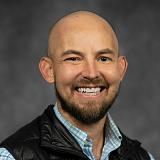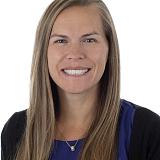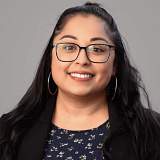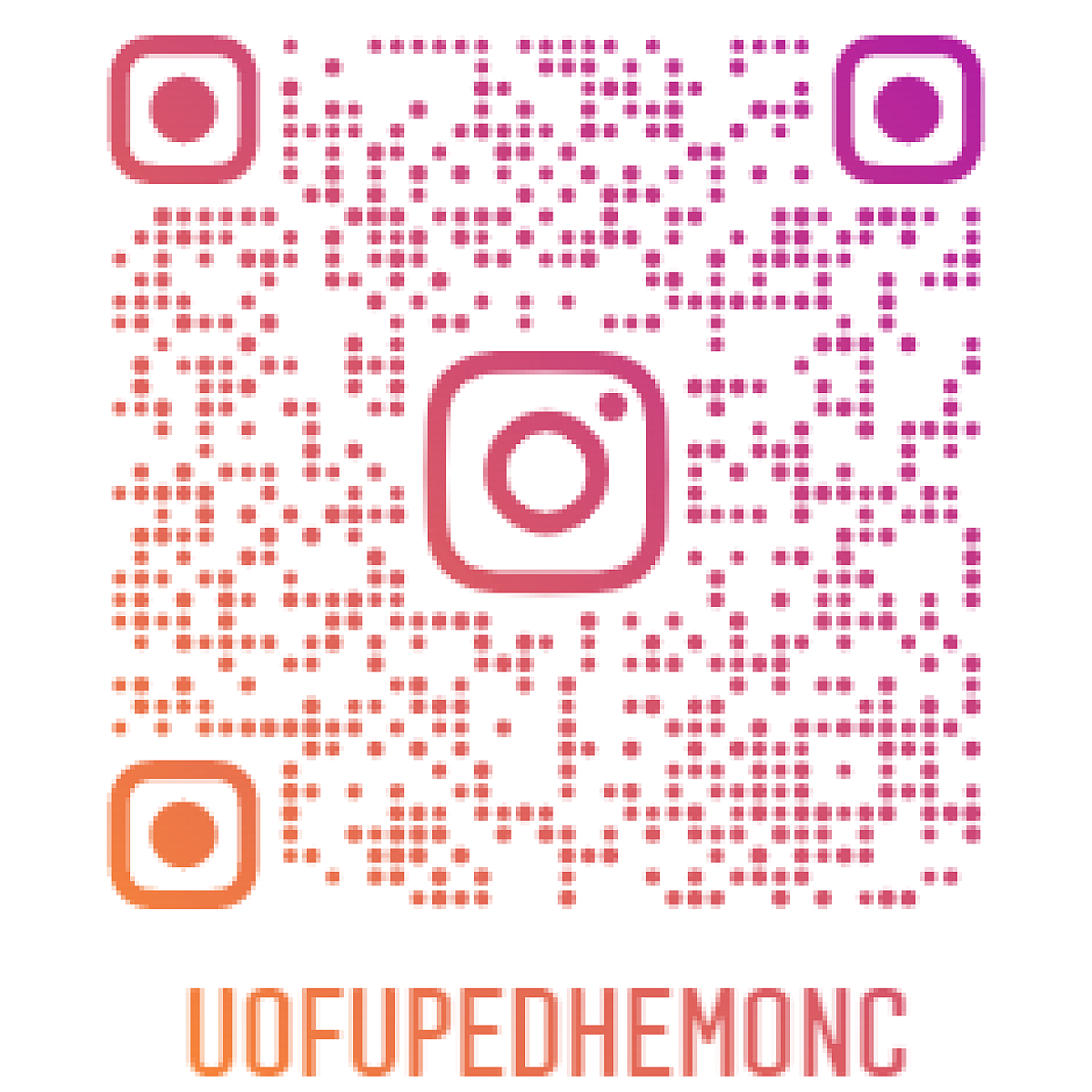
Hematology & Oncology Training
Typical First Year
- Inpatient Hematology/Oncology Service: 25 weeks per year
- Fellows lead a team of 3 residents in care of patients admitted to the hospital with acute heme-onc issues supervised by an attending
- Hematology Clinic and Consults: 7 weeks per year
- Fellows work with our hematology team in outpatient clinic and seeing hospital hematology consults
- Stem Cell Transplant (combined inpatient and outpatient services): 5 weeks per year
- Fellows work with BMT to provide care of inpatient and outpatient services building to role of team leader
- Solid Tumor and Neuro-Onc Comprehensive Experience: 3 weeks per year
- Fellows spend dedicated time with solid tumor and neuro-onc teams seeing all new consults, admitting patients to the chemotherapy service and attending scheduled team meetings
- Chemotherapy Service and Oncology Procedures: 3 weeks per year
- Fellows work on the chemotherapy service seeing patients admitted for routine chemotherapy building to role as team leader. After rounds, fellows spend time in the Children’s Procedure Center (CPC) gaining expertise in lumbar punctures and bone marrows
- Radiation Oncology: 2 weeks per year
- Fellows spend time with Dr. Matt Poppe and the radiation oncology team seeing patients for radiation consults and on therapy visits
- Research Prep for 2nd year: 2 weeks per year
- Fellows are afforded two weeks of protected time in winter of first year to meet with research mentors and plan projects
- Vacation: 3 weeks
- Board Prep: 1 week
- For fellows needing to take general pediatrics boards, they are afforded one week free of clinical responsibilities other than continuity clinic to prepare. We also work to ensure outpatient rotations are scheduled prior to boards
- Electives: 2-3 weeks
- We offer electives in palliative care, survivorship and cancer genetics but also allow fellows to tailor electives to career interests
- Pediatric Hematology/Oncology Continuity Clinic: one day per week (fellows serve as primary provider for patients under the supervision of a dedicated mentor but each clinic is staffed with faculty with expertise in every area of pediatric oncology)
Each rotation involves experiential and didactic learning. Our objective is to provide a comprehensive training experience with flexibility to accommodate unique interests and goals of each trainee. We emphasize ownership and responsibility for all aspects of patient care and fellow learning.
2nd and 3rd Year Clinical Experiences
-
In addition to protected time for research during 2nd and 3rd year, fellows still have the following clinical experiences.
Hematopathology Experience:
All fellows complete a longitudinal experience on hematopathology and laboratory science with the experts at ARUP Laboratories (https://www.aruplab.com/) consisting of full day workshops weekly for one month during 2nd year.
Pediatric Hematology/Oncology Continuity Clinic: All fellows continue to have one day per week of continuity clinic with the same clinical team but do have additional flexibility to tailor continuity clinic to career goals such as time in survivorship clinic or with the transplant team.
Pretending Weeks:
All fellows will complete 3 weeks during their 3rd year as a ‘pretending’ to prepare them for independent practice. At least one week will be on our inpatient heme-onc team but other weeks can be tailored to fellow career interest.
Scientific Career Building: Year Two and Beyond
The major focus of the next two (or more) years of the program is research training. The program provides flexibility, allowing trainees to achieve their goals. Fellows may choose basic science, translational, or clinical research focused projects.
The choice of a research direction is made by the fellow in association with members of the division. Fellows identify a robust training environment that will also fulfill the requirements of the fellowship.
Fellows may choose to join research programs in virtually any department in the University. Based on the fellow's research program, clinical responsibilities (call, clinic, and inpatient service) will be tailored to ensure an appropriate balance of ongoing research and clinical training.
The fellow's research progress is monitored by an oversight committee, who ensures the fellow is on-track to complete all fellowship requirements and gets strong training in their chosen field.
Lab-Based Research
Fellows who choose lab-based research programs will benefit from close relationships with various institutes, programs, and departments at the University. These include (but are not limited to):
- Huntsman Cancer Institute at the University of Utah (HCI)
- Eccles Institute of Human Genetics
- the graduate program in Molecular Biology
- Department of Oncological Sciences
- Department of Human Genetics
- Department of Pathology
A partial list of faculty and their research programs can be viewed at www.bioscience.utah.edu.
Fellows pursuing basic research projects are also eligible to apply for research funding through one of several T32 training grants aligned with their research interests. While the division supports and mentors fellows during the research phase of fellowship training, all fellows are encouraged to apply for extramural funding for their research efforts.
Clinical & Translation Research
Fellows who choose clinically or translationally-focused research training will benefit from the NIH’s Clinical Research Curriculum Award (K30) training program available on campus. The course objective is to provide formal training with physicians planning academic careers as clinical and translational investigators.
The curriculum includes core courses and two specific research training tracks. The first track focuses on the inherited basis of human disease and reviews general principles of molecular biology and genetics applicable to clinical research.
The second track focuses on epidemiology, clinical outcomes, clinical trials, and health services outcomes. This program facilitates clinical investigators’ professional development by offering a specific, mentored research experience to complement its didactic programs.



Contact Us
Billy Thomsen, MD fellowship director, or Joann Chavis, fellowship program coordinator, at ped.education@hsc.utah.edu or 801-662-5700.
Division of Pediatric Hematology/Oncology
Primary Children's Hospital
100 North Mario Capecchi Drive
Salt Lake City, UT 84113
